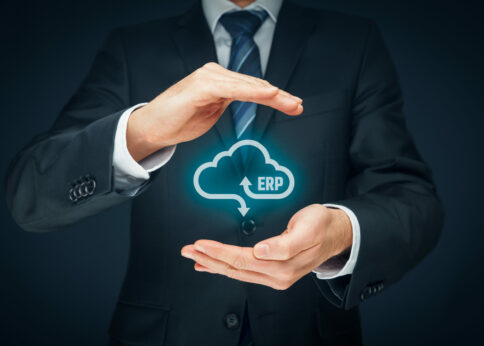Setting the foundation
If your company is searching for a new or replacement ERP system, it’s safe to assume that you’ve either outgrown your legacy software, or that your current ERP system can no longer keep pace with your growing business, and your growing business needs.
Most business owners and managers spend several months (or longer) before deciding on which ERP vendor to go with, and if what they’re being pitched, is in fact, the “be all and end all” – no less than the perfect ERP for their organization. It can be a long, arduous, and even confusing process, and then some. According to analyst firm, Gartner, over 55% all ERP projects fail because the customer (and the vendor, too!) underestimated the time, resources, and budget required successfully implement and maintain an ERP.
Outline your business needs
Selecting not only the right ERP vendor, and the right ERP, depends a lot on your organization’s operational business needs.
While there is an endless list of critical factors you need to consider, we’ve shortened the list down to the top 6, to help make the decision process a little easier – to not only choose the right ERP vendor, but ultimately, the best ERP for your business.
One size cannot fit all.
The best ERP, and the best ERP for your business, is ultimately a system that will address your unique business needs.
You want an ERP that will seamlessly combine all of your operational business processes, automate your workflows, and enhance your overall performance, productivity, and efficiency. While some may think that this is a “tall order,” this is what an ERP is meticulously designed and developed to do.
With the right ERP in place, you will work smarter, work better – and work towards growing your business and your bottom line.





